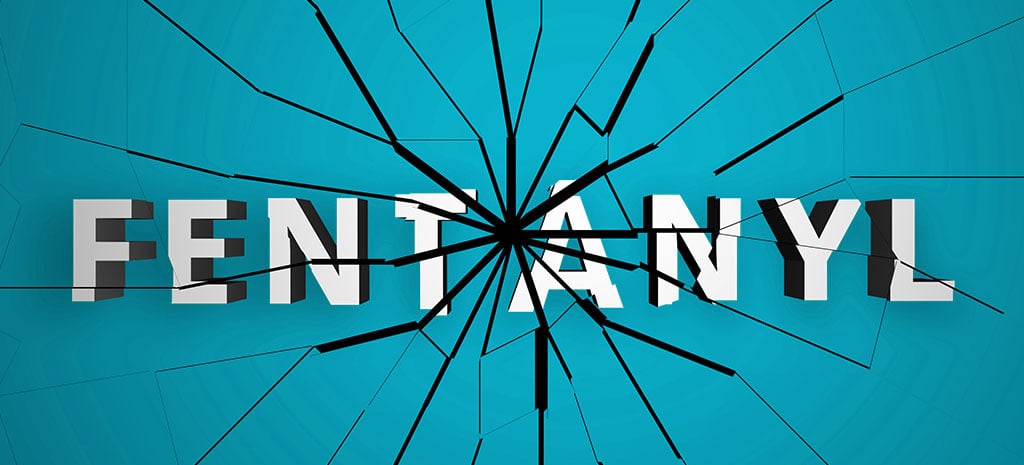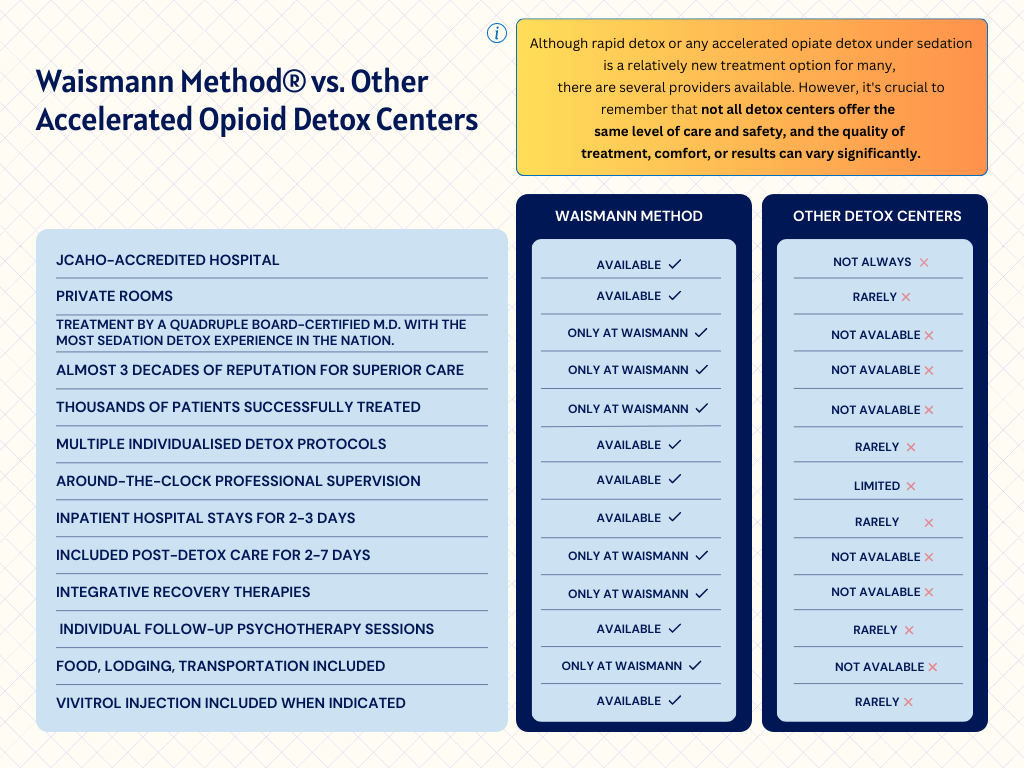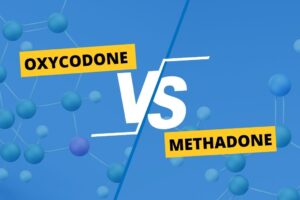The Importance of Medical Detox for Fentanyl
Medical detox is a crucial step in treating fentanyl addiction due to the substance’s high potency and the severe withdrawal symptoms that can occur. Fentanyl’s powerful effect on the central nervous system means that sudden cessation can lead to serious health risks, making medically supervised detox the safest option for individuals seeking recovery.
Why Medical Detox is Essential
Here’s why medical detox is essential for fentanyl addiction:
- Safety: Withdrawal can induce drastic physiological responses. Medical detox provides continuous monitoring for any complications, such as respiratory distress or cardiac issues.
- Management of Withdrawal Symptoms: Symptoms can be intensely uncomfortable, and without proper care, the risk of relapse is high. Medical detox can offer interventions that ease these symptoms without the use of opioids.
- Prevention of Complications: Fentanyl withdrawal can lead to dehydration due to vomiting and diarrhea, and other complications. In a medical detox, fluids and nutrients can be administered intravenously if needed.
- Supportive Care: Beyond the physical aspects of detox, patients benefit from psychological support to help manage anxiety, depression, and cravings that accompany withdrawal.
Attempting detox without medical supervision can be dangerous, potentially leading to severe health consequences. Without the appropriate medical support, the individual is at risk of overdose should they relapse due to the decreased tolerance that comes with withdrawal. Medical detox differs from other detox methods by providing a structured, professional environment where patients can detox safely and are supported through every step of the process.
In essence, medical detox for fentanyl addiction is not just a recommendation; it is a critical component of the journey toward recovery, ensuring the process is as safe and effective as possible.














